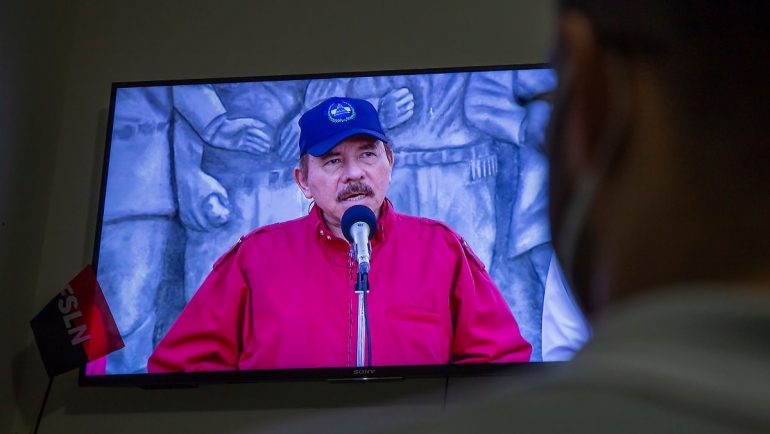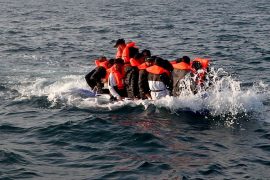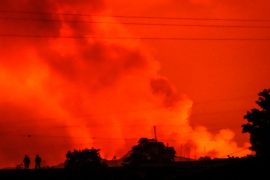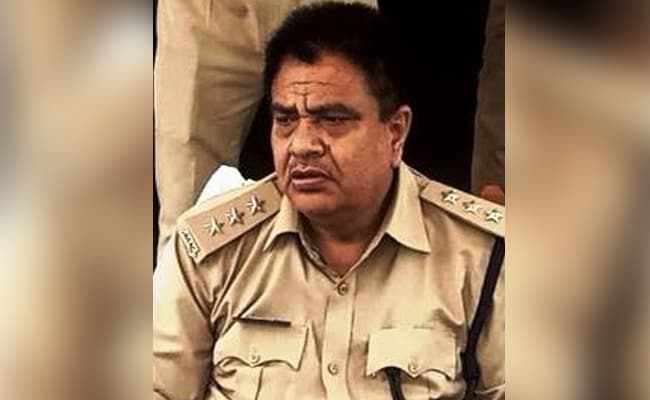Sunday 07 November 2021
clear exit in nicaragua
President eliminates opponents before election
President eliminates opponents before election
Ahead of the presidential and parliamentary elections in Nicaragua, President Daniel Ortega has locked down opponents of the opposition. There is no doubt about his victory even before the vote. The US government calls the election a “spectacle”. It serves to “keep the dictator in power”.
Presidential and parliamentary elections in Nicaragua have been held amid tight security precautions. Incumbent Daniel Ortega’s victory in the election of head of state was considered certain after the president, who had ruled for 14 years, shutting down opposition politicians, journalists and activists in recent months. Instead of promising opponents, five largely unknown candidates competed against 75-year-old Ortega.
Voter turnout will be particularly interesting to be able to gauge actual support for Ortega. There is no compulsory voting in the Central American country with its 6.5 million residents. The weak opposition had called for a boycott of the elections, which were monitored by 30,000 security forces. International observers, like most international media, were not allowed.
“It’s not that it’s bad (…). It’s terrible: you can’t talk, otherwise they’ll put you in jail,” said a 78-year-old Nicaraguan named Jose. “Why should I vote?”
two thirds would have voted for the members of the opposition
Nearly two-thirds of all respondents recently told polling institution Sid-Gallup that they would vote for one of the imprisoned opposition candidates if they were allowed to vote. Journalist Christiana Chamorro was one of the most promising challengers for the current head of state. Former President Violet Barrios de Chamorro’s daughter has been under house arrest since early June and was kicked out of the election.
Chamorro and six other opposition presidential candidates were arrested on the basis of a law passed by parliament in December that facilitates the exclusion of opposition candidates from elections. Opposition politicians were accused of money laundering, high treason or attacks on the sovereignty of Nicaragua. Congress, like the judiciary and electoral authorities, is controlled by the president’s allies.
Ortega was already president in the 1980s, having previously contributed to the overthrow of dictator Anastasio Somoza as commander of the guerrilla FSLN in 1979. Ortega was thrown out of office in 1990. In 2007, he was again elected to the highest office.
sanctions against Ortega’s government
Critics accused Ortega of developing an increasingly authoritarian and repressive style of government over the years. He had constitutional rules that reversed the terms of the presidency. In 2018, mass protests against Ortega were violently suppressed by security forces, in which more than 300 people were killed.
The European Union and the US imposed sanctions on Ortega and his government. The US and the European Union increased pressure on Ortega ahead of Sunday’s vote. The US Congress on Wednesday passed a law that, among other things, provides for stringent sanctions against its government.
The US government called the election a “spectacle”, with EU foreign affairs representative Josep Borrell calling it a “fake” election. It’s all about “keeping dictator Ortega in power,” Borrell said. He announced that Brussels would not recognize the election result. Ortega, whose most important allies include Venezuela, Cuba and Russia, accused the US and the European Union of “interfering” in his country’s internal affairs.

Introvert. Proud beer specialist. Coffee geek. Typical thinker. Pop culture trailblazer. Music practitioner. Explorer.





